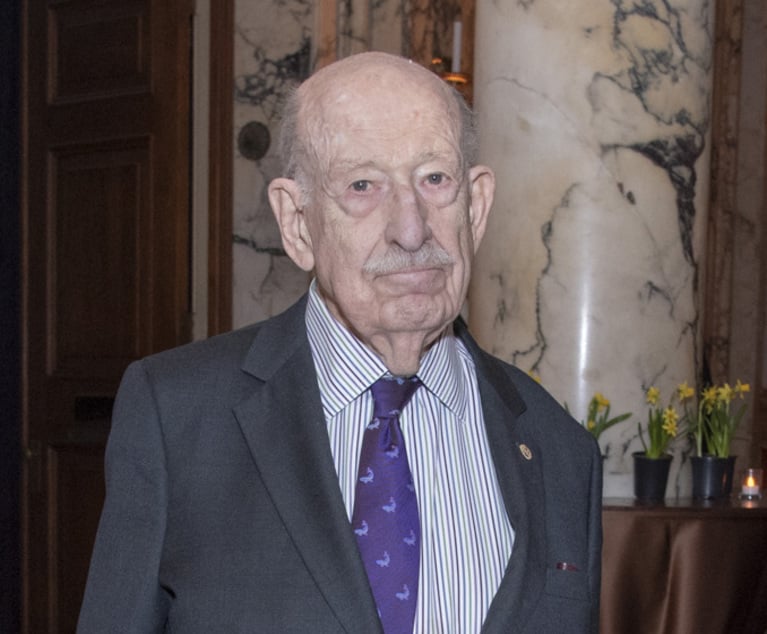Although setting and extending discovery deadlines is likely the bane of many magistrate judges’ existence, Magistrate Judge Katharine H. Parker issued a surprisingly interesting decision last month on just that topic. In City of Almaty,Kazakhstan v. Ablyazov, ____ F. Supp. 3d _____, 2018 WL 2148430 (S.D.N.Y. May 10, 2018), Judge Parker discussed the impact of the proportionality requirements in the Federal Rules of Civil Procedure on extension of discovery deadlines, and articulated a five-factor balancing test to apply when considering a motion for extension of a discovery schedule. That five-factor test should serve as a useful guide to federal litigators.
‘City of Almaty v. Ablyazov’
At issue before Judge Parker was the fifth request by plaintiffs for an extension of the discovery schedule. Without extended discussion of the underlying litigation, Judge Parker briefly noted that the case had been pending for almost three years, and that the claims remaining after extensive motion practice consisted of claims for fraudulent transfer of assets and for enforcement of a foreign judgment in New York. By the time plaintiffs sought their fifth extension of the discovery deadlines, the parties had already engaged in extensive discovery including 14 depositions, nine of which were taken by plaintiffs, and subpoenas to 15 nonparties in addition to document productions between the parties. Plaintiffs requested additional time to complete discovery in order to take additional depositions, resolve various outstanding subpoenas, litigate potential motions to compel, seek production of additional documents and privilege logs, amend and supplement existing discovery responses, and serve requests to admit and interrogatories.


 Edward M. Spiro and Judith Mogul
Edward M. Spiro and Judith Mogul




